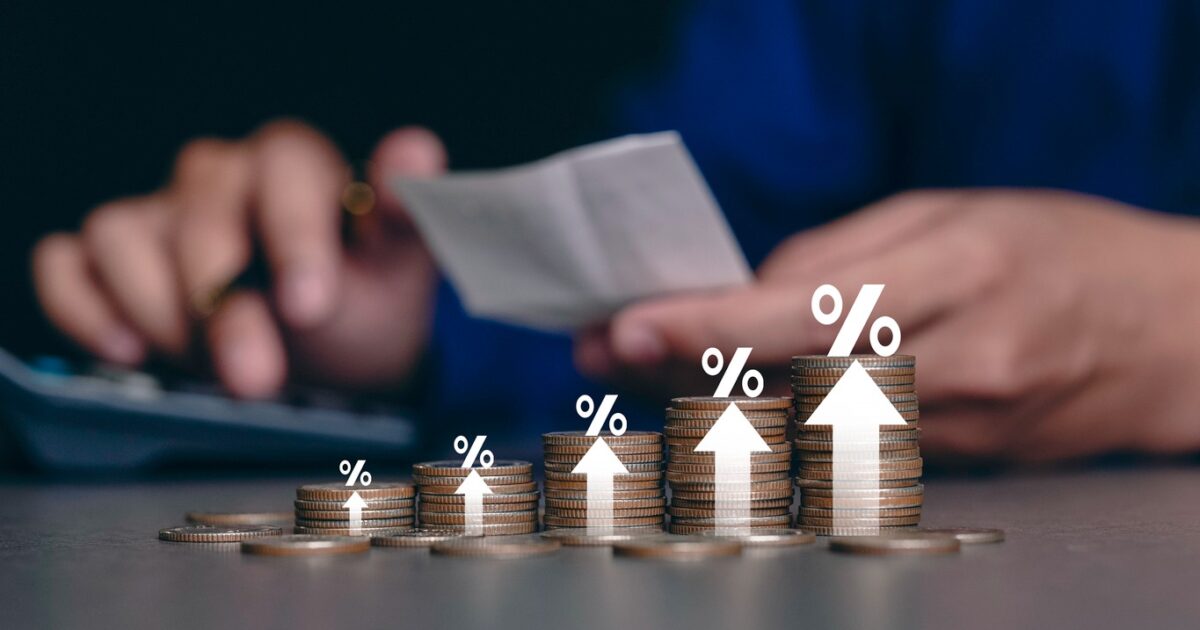At 0.4% could the pace fall growth to eurozone As a consequence of the war of duties that has erupted internationally with Trump initiative.
This concludes Eurobank study, explaining that in a favorable scenario where duties stabilize, the eurozone GDP increase in 2025 could slow down by 0.4 percentage points in 2025-26 compared to the pre-duty level. This is the result of the immediate impact on tariffs on the international trade in the eurozone, higher uncertainty and the euro reconstruction.
In a more unfavorable scenario, the blow could be doubled in size, while inflation would be reduced due to the deflationary effects of reduced demand, which could be translated into continued interest rates by the ECB.
The latest developments have reduced the chances of the adverse scenario.
For Greece, immediate exposure to the US remains low, as exports of goods to the US account for only 1% of its GDP and the US inbound tourism represented only 7.7% of total receipts in 2024. However, the indirect impacts, through lower growth in the EU, Greece’s main commercial partner, and increased uncertainty, create unnecessary risks to export demand, tourism flows and the wider channels of trust.
However, Greece is entering this new period of instability caused by international trade in a position of relative power compared to its recent past during the 2008-2018 public debt crisis. Powerful primary surpluses, public debt decline, significant liquidity reserves, return to investment rating, the continuing influx of capital from the recovery and resilience fund, and the rest of the EU Structural Funds, European Union, boost the country’s resilience.
In addition, the prospects of tourism remain strong and, so far, airline planning shows an upward trend for this year’s tourist season, including US travelers. Increasing defense investments, at national and European level, could also provide impetus to overall demand, as well as high -tech diffusions to the economy.
Finally, Greek banks remain well capitalized and have high liquidity, with minimal immediate exposure to the US -related risk. The non -performing loans index, although still higher than the eurozone, has fallen to the lower level recorded, and loan service has shown remarkable durability over a series of vibration (pandemic, energy, energy, energy, energy, energy crisis). Given these, it is estimated that the Greek economy will continue to overturn a growth over the eurozone in the present year.
